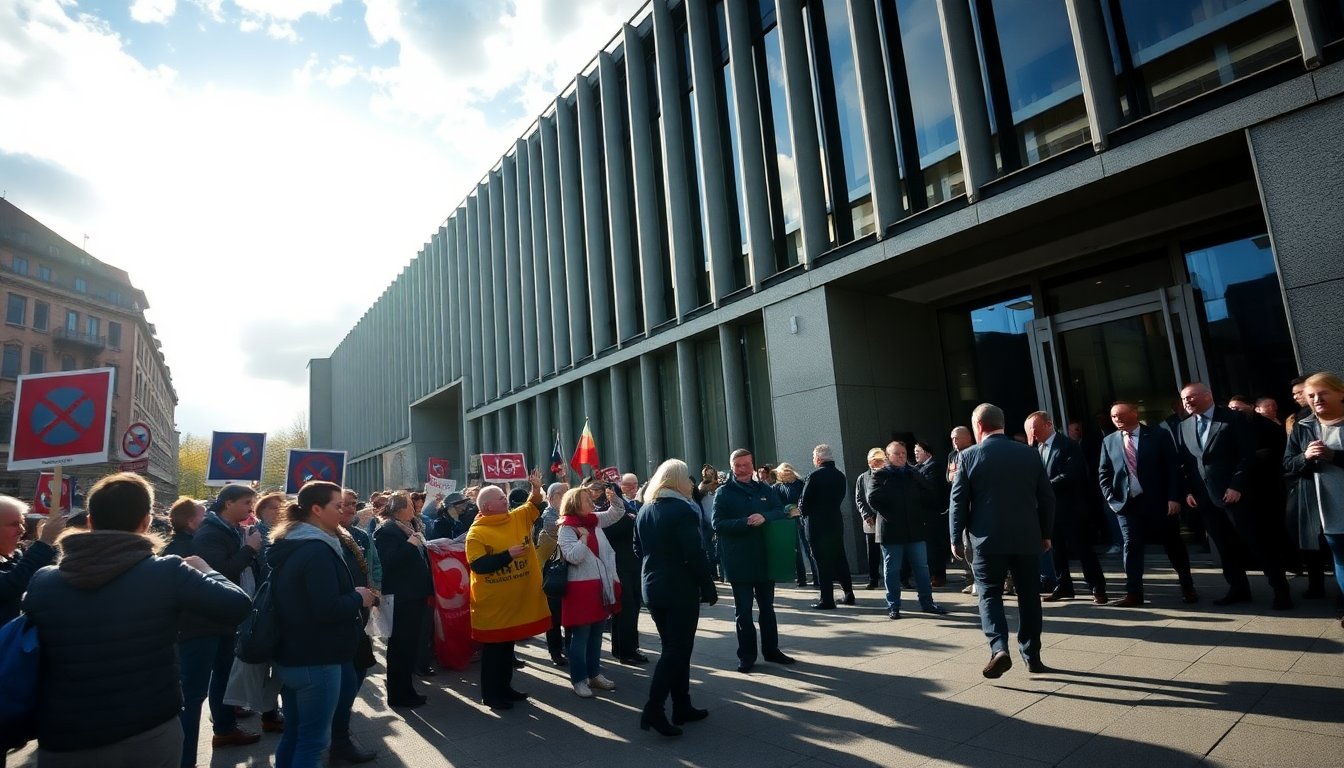Table of Contents
The political landscape in Europe is currently experiencing significant upheaval, underscoring the precarious nature of governmental stability. The European Parliament has become a focal point for heated debates, particularly concerning no-confidence motions initiated by both far-right and far-left factions. These motions highlight deep-rooted tensions and the ongoing power struggle among various political groups.
Collapse of France’s fifth government
In a striking development, France has witnessed the collapse of its fifth government in just three years. This latest administration fell apart less than a day after its establishment, marking a concerning trend of instability. The swift disintegration of the government raises critical questions regarding the effectiveness of political strategies and the underlying challenges facing French governance.
Implications of frequent government changes
The swift rise and fall of governments in France underscore significant challenges. Each new administration introduces a different set of policies and priorities. This constant shifting can create confusion among citizens and disrupt continuity in governance. Additionally, unstable leadership inhibits long-term planning and the implementation of essential reforms.
Insights from the political gathering in Brussels
The recent gathering in Brussels, organized by POLITICO, provided a crucial platform for analysis and discussion. Experts and stakeholders met to examine the state of European competitiveness, particularly in light of recent political changes. The insights shared at this assembly are vital for understanding the evolving landscape of European politics.
Key takeaways from the gathering
One of the main points of discussion was the need for enhanced collaboration among European nations. As political factions vie for power, fostering a spirit of unity is essential to address pressing issues such as economic recovery and security. Participants also emphasized the importance of engaging citizens in the political process to rebuild trust and ensure that government actions align with public interests.
The role of political factions in shaping governance
The presence of far-right and far-left movements in the European Parliament has intensified political discourse. Their no-confidence motions challenge the status quo and reflect growing discontent among various segments of the population. Often driven by a desire for radical change, these factions can lead to significant shifts in policy and governance.
Understanding the motivations and strategies of political groups is crucial for navigating the complexities of the current landscape. As these groups seek to assert their dominance, the resulting political climate can create a ripple effect, impacting national policies and international relations.
Political turbulence in Europe
Europe faces significant political challenges amid rising tensions. The collapse of governments and the emergence of no-confidence motions indicate a period of volatility. This situation could reshape the continent’s political framework. Leaders must engage in constructive dialogue and seek consensus to restore stability.
Discussions in Brussels, alongside responses from various political factions, are crucial in shaping Europe’s approach to current challenges. By focusing on collaboration and inclusivity, European nations can strive for a stronger political landscape that meets the needs of all citizens.


